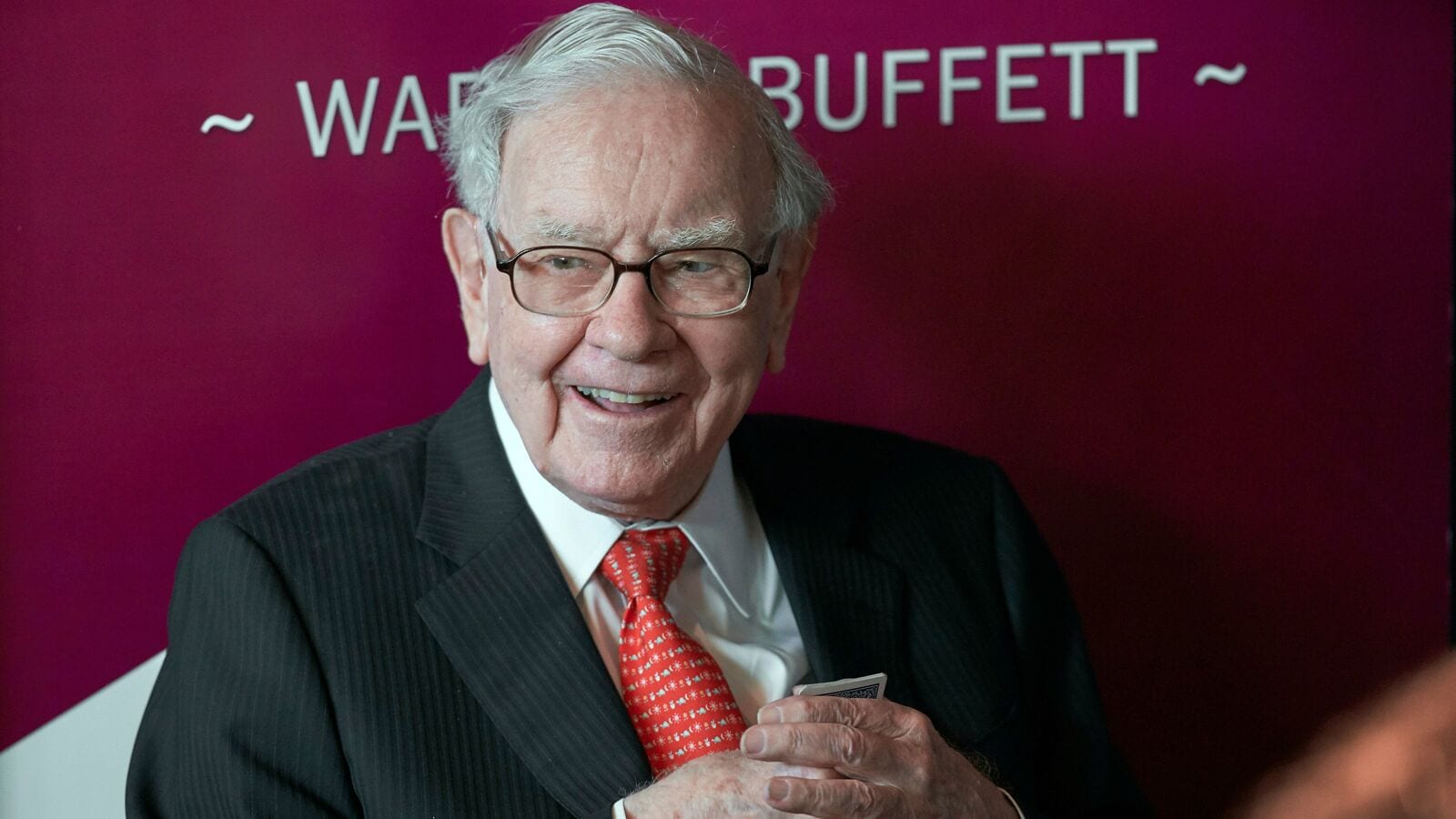And Buffett isn’t just sitting on it; he’s earning significant interest income from US government bonds. As the Oracle of Omaha sits on this colossal pile of cash, the financial world is abuzz with speculation. Why is Buffett hoarding cash, and what does he see that others don’t?
We will never know why Buffett holds so much cash. But that does not stop us from making a calculated guess.
Perhaps it’s also the right time to delve into why Buffett has been selling quite a bit of his holdings in recent months, most notably chunks of Bank of America and Apple Inc, both of which have been staples of his core portfolio.
With that, let’s get to the heart of the matter.
Dismissing common theories
The best way to start this exercise is by ruling out some common reasons why Buffett might be selling.
First, it’s very unusual for Buffett to sell because of geopolitical tensions. So, if you think it’s related to wars around the world, that’s best ruled out. Although Buffett has mentioned that a nuclear war worries him the most, I think the world is far from that scenario. But if Buffett perceives something imminent, that could be a reason, though it seems unlikely.
Second, it’s even more unlikely that Buffett is selling because he thinks the US markets are overheated and could take a hit. Buffett has often said his preferred holding period for a great business is “forever.” So, it’s improbable that he has suddenly shifted to a short-term outlook due to market fluctuations.
Third, and again quite unlikely, is the notion that Buffett is accumulating cash for a big buyout. Let’s agree that he already had enough cash to buy a controlling interest in almost any company. There’s no need to add another $100 billion to his cash reserves in the past year.
So, in my view, it’s not geopolitics, extended valuations, or some corporate action.
Then what could it be?
America’s financial situation
Perhaps, it’s related to the state of the US government’s finances and what might happen next to restore balance.
Take a look at this chart from the US Department of the Treasury:

View Full Image
This shows that the US government’s debt has nearly doubled over the last 10 years. Post-pandemic, the pace of indebtedness has accelerated.
When we see the debt as a percentage of the US GDP, perhaps a better measure, this is what we get:

View Full Image
It’s clear that after an initial decline, the post-pandemic spike is rising again. And that’s not good.
Why? Sooner or later, these liabilities need to be paid off. The refinancing rate of debt for the US government has shot up. This means that even as debt has increased and the debt-to-GDP ratio has risen, the interest payable to service the debt is increasing even faster.
See this chart:

View Full Image
This chart shows the interest paid as a percentage of GDP. The cost of servicing the debt is rising sharply.
Why has this happened? Interest rates in the US have increased sharply since 2023, meaning all new borrowing is at much higher interest rates.
So, why is this relevant to our discussion about Buffett?
Well, the US will sooner or later have to plug the hole in its balance sheet. To do that, there are limited options.
Without diving into all the possibilities, it’s widely expected that US tax rates, particularly capital gains tax rates, may head higher. There’s even a proposal that capital gains tax for the wealthy should be paid on notional gains, not just realized gains. Whether this becomes law remains to be seen, but it adds weight to the idea that taxes in the US are headed higher.
So, is it possible that Buffett is booking some solid gains in anticipation of big tax changes coming this year or next?
Perhaps.
That said, we might never know the reason until it reveals itself. The fact that Buffett is keeping his cards close to his chest is hardly surprising.
Buffett’s growing stash and a warning
The question arises: What if the reason Buffett is building up cash is relevant to us as well? Are we underprepared for what’s about to come?
What if something horrible is indeed around the corner that could crash stock prices in India too?
A question like this, without a clear answer, only generates anxiety. But that’s not our beat here at Contramoney.
So, we hasten to offer a solution.
Ensure your investments are well allocated across asset classes. This means holding Indian stocks, international stocks, gold, real estate, and emergency cash in proportions that suit you best. If you lack the skill to own stocks directly, pick one or two funds. And don’t forget substantial medical insurance coverage—treat it as an asset.
If you have planned your asset allocation well and executed it, you are already prepared for any crisis that may come. That’s the power of a well-thought-out asset allocation plan.
If you haven’t done this yet, get to it now. Crisis or no crisis, a wise asset allocation is all you need to meet your near-term needs and long-term goals. And, of course, any crisis that may come along.
Happy asset allocating to you.
Rahul Goel is a finance and publishing professional with over 25 years of experience in the industry. You can tweet him @rahulgoel477.
You should always consult your personal investment advisor/wealth manager before making any decisions.
#Warren #Buffetts #cash #pile #soars






